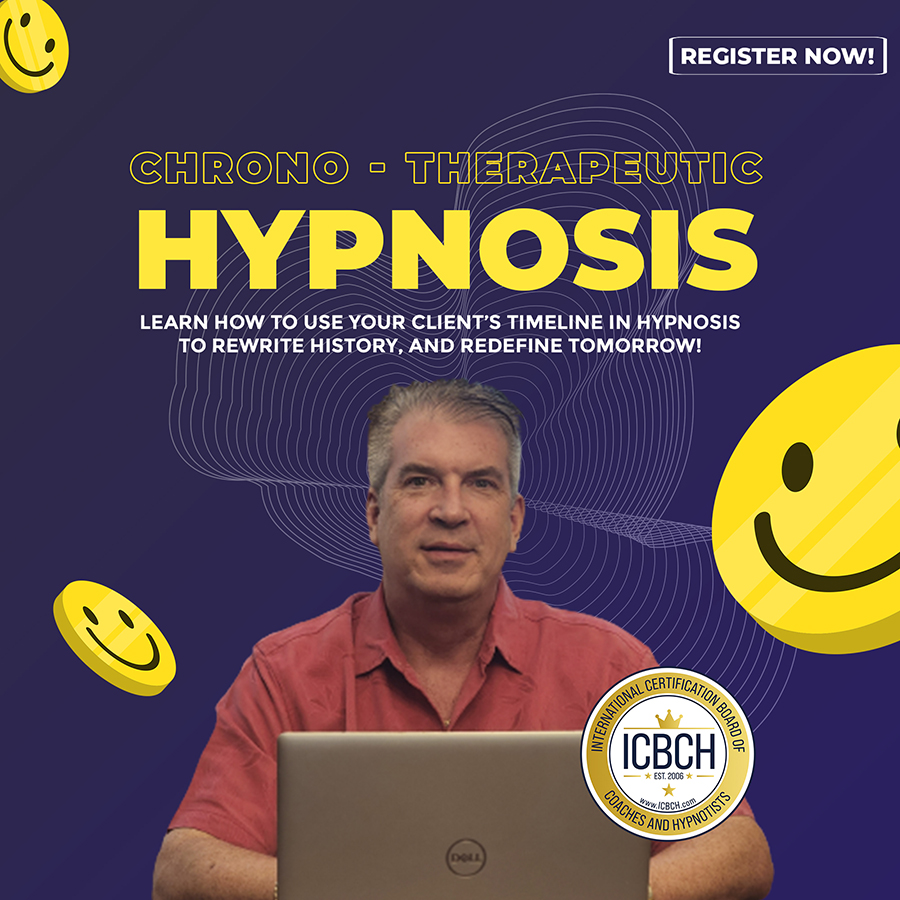Have you ever heard about the so-called "nude hypnosis trick"? It's a topic that's been buzzing around online forums and social media platforms, sparking curiosity and raising eyebrows. This phrase often pops up in discussions about mental manipulation, psychological phenomena, and sometimes even in sensationalized content. But what exactly is it, and is there any truth behind the hype? Let's dive into this intriguing topic together and uncover the facts.
First things first, let's establish what we're dealing with here. The term "nude hypnosis trick" has been floating around the internet, sometimes presented as a mysterious psychological phenomenon, other times as a conspiracy theory. The idea revolves around the concept of using hypnosis to influence someone's behavior or thoughts in a way that could be considered unethical or even harmful. But before we jump to conclusions, it's essential to separate fact from fiction.
In this article, we'll explore the science behind hypnosis, its applications, and whether there's any validity to the claims surrounding this controversial topic. Whether you're a skeptic or someone who's genuinely curious about the human mind, this article aims to provide you with a balanced and well-researched perspective. So, buckle up and let's unravel the mystery behind the "nude hypnosis trick"!
Read also:Camilla Araujo Onlyfans Leaks The Buzz The Facts And What You Need To Know
Understanding Hypnosis: A Brief Overview
Hypnosis is not a new concept. It has been around for centuries, and its practice dates back to ancient civilizations. But what exactly is hypnosis? Simply put, it's a state of focused attention and heightened suggestibility. During a hypnotic session, an individual is guided by a trained professional to enter a trance-like state, where they become more receptive to suggestions. This process is often used for therapeutic purposes, such as overcoming phobias, managing stress, or quitting smoking.
Contrary to popular belief, hypnosis is not about losing control or being manipulated against your will. In fact, it requires the participant's consent and cooperation. The misconception stems from how hypnosis is portrayed in movies and media, where it's often depicted as a tool for mind control. However, in reality, it's a consensual practice that can have significant benefits when performed by a qualified practitioner.
How Hypnosis Works
Hypnosis works by tapping into the subconscious mind, where our deepest beliefs and habits reside. When you're in a hypnotic state, your conscious mind takes a backseat, allowing your subconscious to become more accessible. This is why hypnosis can be effective in helping people change behaviors or overcome emotional barriers. It's like accessing the hidden files of your brain and reprogramming them for positive outcomes.
- Hypnosis is a state of focused attention
- It involves heightened suggestibility
- It requires the participant's consent
- It's often used for therapeutic purposes
The Controversy Surrounding Nude Hypnosis Trick
Now, let's address the elephant in the room. The phrase "nude hypnosis trick" has sparked a lot of debate and controversy. Some people believe it's a real phenomenon where individuals can be hypnotized into stripping or engaging in inappropriate behavior. Others dismiss it as a hoax or a sensationalized myth. So, what's the truth?
Firstly, it's important to note that there is no scientific evidence to support the claim that someone can be hypnotized into performing acts against their will, especially something as extreme as stripping. Hypnosis works within the boundaries of an individual's moral and ethical framework. In other words, you won't do anything under hypnosis that you wouldn't do in your waking state.
Debunking the Myths
Let's break down some of the common myths surrounding the "nude hypnosis trick":
Read also:Anna Malygon Leaks The Truth Behind The Hype And What You Need To Know
- Myth 1: Hypnosis can make you do anything. Fact: Hypnosis cannot override your core values or force you to do something against your will.
- Myth 2: You lose control during hypnosis. Fact: You remain in control and aware of your surroundings during a hypnotic session.
- Myth 3: Hypnosis is dangerous. Fact: When performed by a trained professional, hypnosis is safe and beneficial for many individuals.
Is Nude Hypnosis Trick Real?
So, is the "nude hypnosis trick" real? The short answer is no. There is no credible evidence to suggest that someone can be hypnotized into stripping or engaging in inappropriate behavior. The concept is often exaggerated or misrepresented in online forums and social media. In most cases, it's a misunderstanding of how hypnosis works or a deliberate attempt to create sensational content.
It's crucial to approach such topics with a critical mindset and rely on scientific research rather than hearsay or anecdotal evidence. The human mind is fascinating, but it's not as easily manipulated as some might claim. Hypnosis is a legitimate therapeutic tool when used ethically and responsibly.
What Science Says
Research in the field of psychology has consistently shown that hypnosis is a safe and effective method for addressing various mental health issues. Studies have demonstrated its efficacy in treating conditions such as anxiety, depression, and chronic pain. However, there is no scientific basis for the claim that hypnosis can be used to make someone perform acts against their will.
Legal and Ethical Considerations
When it comes to hypnosis, there are important legal and ethical considerations to keep in mind. Hypnotists and therapists are bound by professional codes of conduct that ensure the safety and well-being of their clients. Any practice that involves manipulation or coercion is strictly prohibited and can result in legal consequences.
Moreover, the idea of using hypnosis for unethical purposes, such as the "nude hypnosis trick," is not only baseless but also highly irresponsible. It's essential to promote a positive and accurate understanding of hypnosis to prevent misinformation from spreading.
Regulations and Standards
In many countries, hypnosis is regulated by professional organizations that set standards for training and practice. These organizations ensure that practitioners adhere to ethical guidelines and provide quality care to their clients. If you're considering hypnosis for therapeutic purposes, it's important to choose a qualified and certified professional.
Psychological Impact of Misinformation
The spread of misinformation about topics like the "nude hypnosis trick" can have negative psychological effects on individuals. It can lead to fear, anxiety, and mistrust, especially when it comes to mental health practices. This is why it's crucial to rely on credible sources and seek professional advice when exploring such topics.
Additionally, sensationalized content can perpetuate stereotypes and reinforce harmful beliefs. It's important to approach sensitive topics with empathy and understanding, recognizing the potential impact they can have on people's lives.
How to Identify Reliable Information
Here are some tips to help you identify reliable information about hypnosis:
- Look for peer-reviewed studies and scientific research
- Consult with licensed mental health professionals
- Be cautious of sensationalized claims and anecdotal evidence
- Verify the credentials of the source providing the information
Practical Applications of Hypnosis
While the "nude hypnosis trick" may be a myth, hypnosis has many practical applications that are backed by science. Here are some examples:
- Therapeutic hypnosis for anxiety and depression
- Hypnosis for pain management and chronic conditions
- Behavioral hypnosis for smoking cessation and weight loss
- Hypnosis for improving focus and concentration
These applications demonstrate the potential of hypnosis as a legitimate therapeutic tool when used ethically and responsibly.
Success Stories
Many individuals have reported positive outcomes from hypnosis therapy. From overcoming fears and phobias to improving their overall well-being, hypnosis has helped countless people achieve their goals. These success stories highlight the importance of approaching hypnosis with an open mind and a willingness to explore its benefits.
Conclusion: Separating Fact from Fiction
In conclusion, the "nude hypnosis trick" is more of a myth than a reality. While hypnosis is a fascinating and powerful tool, it cannot be used to manipulate someone into performing acts against their will. It's essential to approach such topics with a critical mindset and rely on scientific evidence rather than sensationalized claims.
If you're interested in learning more about hypnosis, consider consulting with a licensed professional who can provide you with accurate information and guidance. Remember, knowledge is power, and the more we understand about the human mind, the better equipped we are to make informed decisions.
So, what do you think? Are you intrigued by the science of hypnosis, or do you still have questions? Leave a comment below and let's continue the conversation. And don't forget to share this article with your friends and family to help spread the truth about this controversial topic!
Table of Contents


